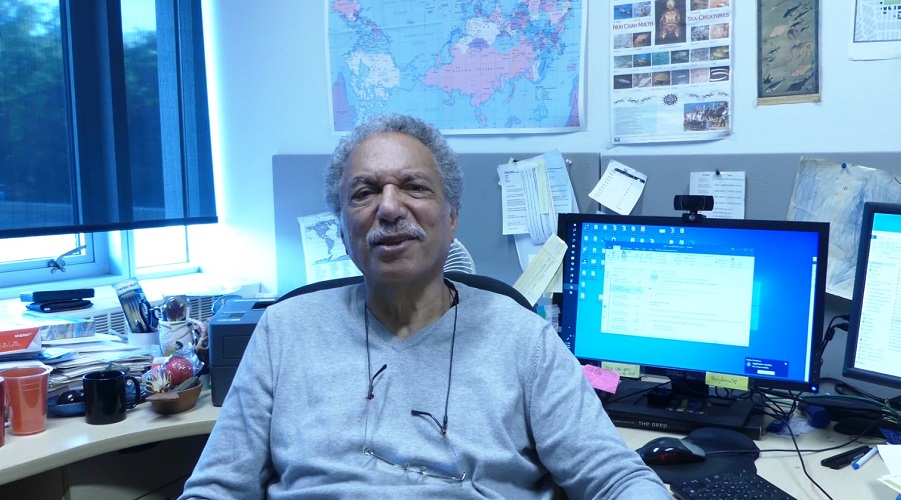The second week of September 2025 was an interesting one when it comes to ocean-related news.
On September 15, 111 World Trade Organization members – of the 166 that states that belong to the WTO – formally ratified the Agreement on Fisheries Subsidies, which had been two decades in the making and was adopted in June 2022.
The deal prohibits government subsidies provided to vessels and operators fishing in the high seas, as well as to those engaged in illegal, unreported and unregulated fishing, and/or fishing overfished stocks. In the case of the latter, subsidies may still be given to them if the governments issuing the payments are also implementing measures to rebuild the stocks to a biologically sustainable level.
Additional rules are to be finalized within four years to address subsidies not covered in the 2022 agreement. If such rules are not in place in September 2029, the agreement will expire unless the WTO General Council decides to keep it in place. The focus of the rules is on curbing subsidies that contribute to fishing in other countries’ waters and to overfishing and overcapacity, for example, fuel subsidies.
The Sea Around Us PI, Dr. Daniel Pauly, said the WTO agreement is a good first step, but it’s not enough.
On September 19, the Agreement under the United Nations Convention on the Law of the Sea on the Conservation and Sustainable Use of Marine Biological Diversity of Areas Beyond National Jurisdiction (or BBNJ Agreement) was triggered to enter into force after Sri Lanka, St. Vincent and the Grenadines, Sierra Leone, and Morocco ratified it before the UN and the 60-country benchmark was achieved.
Better known as the High Seas Treaty, the deal will become effective in January 2026 after nearly two decades of discussion and negotiations and after being opened for signature since September 2023. It is the first legally binding international agreement safeguarding marine life in the High Seas, which cover two-thirds of the world’s ocean.
In detail, the Treaty provides new tools to halt biodiversity loss and ocean degradation through enabling the creation of marine protected areas (MPAs) in international waters and ensuring environmental impact assessments of planned human activities, such as deep-sea mining.
This binding legal instrument is also meant to promote equity for developing countries through increasing knowledge and technology access, strengthening capacity, and ensuring the equitable access and sharing of the benefits of marine genetic resources.
Dr. Pauly sees the BBNJ Agreement as a big step forward, although he acknowledges enforcement may be tricky.


